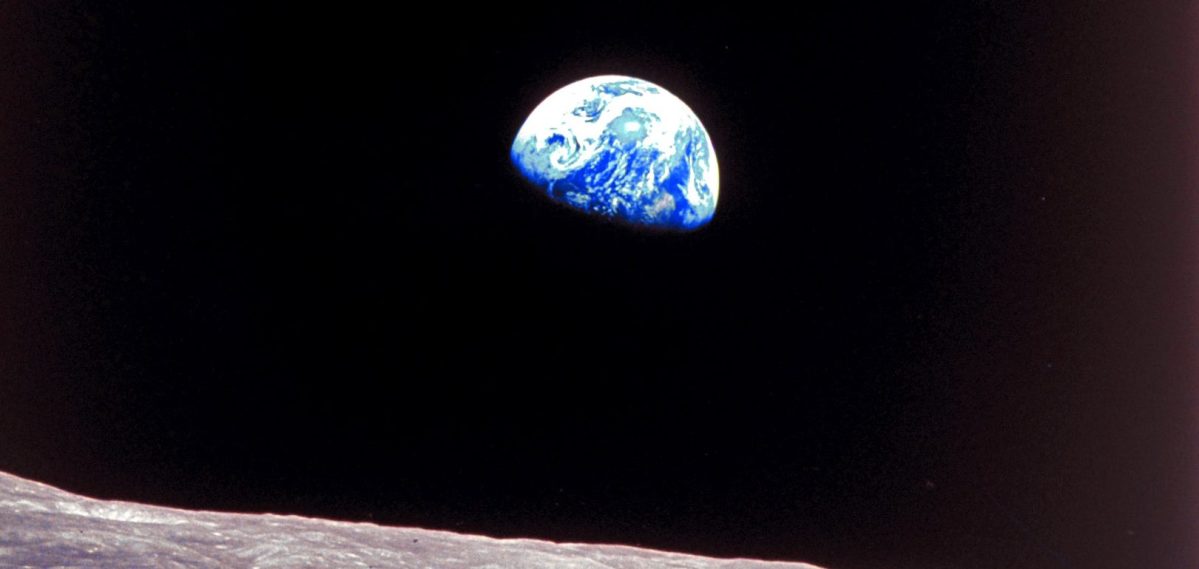Some scientists are now pedaling the theory that not only was the moon created by a cosmic drive-by, but that the collision also left behind a host of elements on Earth that were essential for the beginnings of life as we know it.
The impact allegedly occurred some 4.4 billion years ago when an itinerant planet the size of Mars slammed into Earth, scattering a shower of rocks into space which later coalesced into the moon, The Guardian reported.
That fortunate accident, according to a group of scientists at Rice University in Texas, also provided Earth with several building blocks for life, like the carbon and nitrogen that makes up our bodies.
The university petrologists reached their conclusions after running experiments on geochemical reactions under the high temperatures and pressures found deep inside a planet to better understand if Earth may have acquired key elements from space-traveling meteorites.
“From the study of primitive meteorites, scientists have long known that Earth and other rocky planets in the inner solar system are volatile-depleted,” the study’s authors wrote. “But the timing and mechanism of volatile delivery has been hotly debated. Ours is the first scenario that can explain the timing and delivery in a way that is consistent with all the geochemical evidence.”
Thanks for reading InsideHook. Sign up for our daily newsletter and be in the know.


















